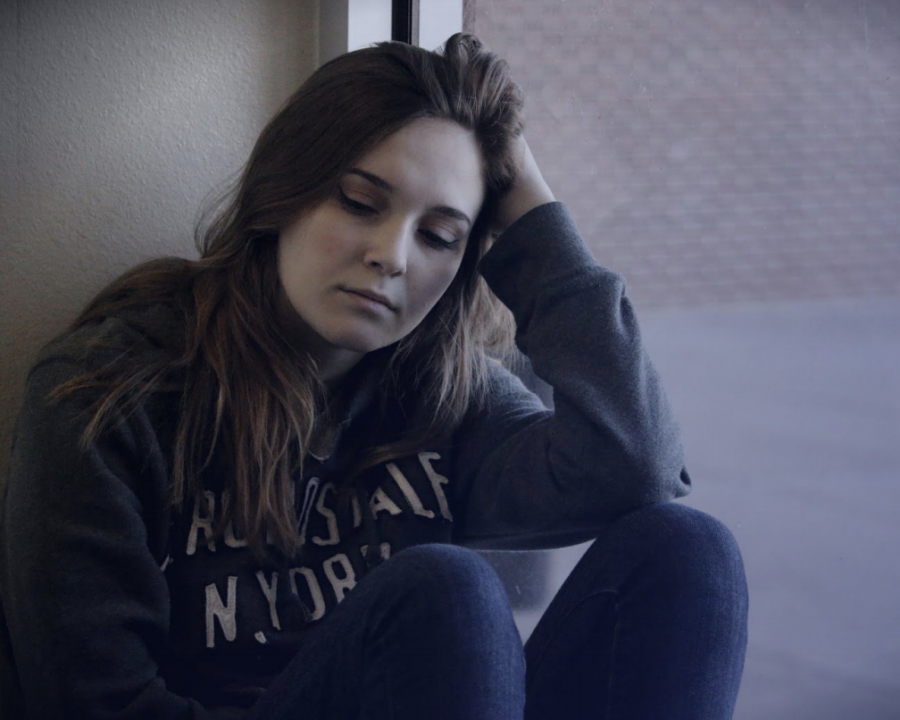As a society, we haven’t done the best job with how we handle the topic of mental health, specifically depression and anxiety. Often these feelings in teens go undiscussed and untreated because many believe it’s ‘teenage hormones’ and students aren’t old enough to experience real depression and anxiety. It’s blatantly obvious that these thoughts are inaccurate by the rate at which students die by suicide and how numbers continue to climb. But what more should we do to slow this epidemic other than having awareness weeks where nothing is really accomplished or simply telling students it’s just high school and everything will be okay? The need for change in this conversation is clear for all to see and the time for this change to be implemented is now.
It’s not rare for parents to disregard depression and anxiety in their teens as it may be categorized as ‘teenage moodiness’ that will just evaporate on its own. Because of this, many adolescents and teens will go untreated, which can sadly fester into something much worse and may even lead to suicide. According to the Huffington Post, “suicide rates for adolescent boys and girls have been steadily rising since 2007… the numbers are an alarming reminder that suicide is a growing mental health problem.” But how can parents be involved slowing these rates? The New York Times says, “Too often… the parental impulse is to give advice or even step in and try to fix the problem.” Parents cannot continue to try to do this on their own, because although it is compassionate and commendable of them sometimes, it’s beyond their control.
“I believe that the need for students to excel in all areas of their life has greatly contributed to the increased lack of mental stability within people our age,” senior Katherine Rowe said. “Teenagers are feeling more pressure now more than ever to be perfect and reach an unrealistic fantasy that a student can never possibly achieve, thus increasing the lack of student’s focus on limiting stress and promoting mental care.”
Senior Nancy Lara believes many teens don’t feel they have the ability to open up about mental health.
“Often times teachers will tell us we are exaggerating or being overly dramatic. We don’t really talk about mental health here at high school. The only time we did was when a former student had committed suicide and we moved quickly on. It was talked about for maybe two days, they passed out a pamphlet then it was done. We should be able to talk about it,” Lara said.
The stigma around mental health in high school puts students who struggle at an even greater disadvantage. Those who need help may feel as though they can’t reach out because talking about anxiety and depression has become such a taboo. A way to help solve this issue would be simply to educate everyone- students, parents, and teachers alike- about the signs of a mental health struggle, how to properly address it, and how to assist the student by supporting them or helping them find the support they need. Once a public conversation is started about the pressure and stress students face and the topic of more severe mental health is safe ground to discuss, we as a society will see a change in attitude about self-care and a decrease in suicide rates.
Dr. Martin Luther King Jr. once said, “Our lives begin to end the day we become silent about things that matter.” Ultimately, we are all human and we should realize that deep down we are all the same- a person. No one is more vital to the world than another, so instead of knocking down other people, we should build them up, regardless of age. Don’t teach teenagers that their thoughts and emotions aren’t important, and especially don’t teach teenagers that it’s weird to talk about how they feel. Don’t be silent about depression and anxiety; the risk has already been proven to be dangerous. If we can destroy the stigma around mental health the world could transform into a more positive, open place.


